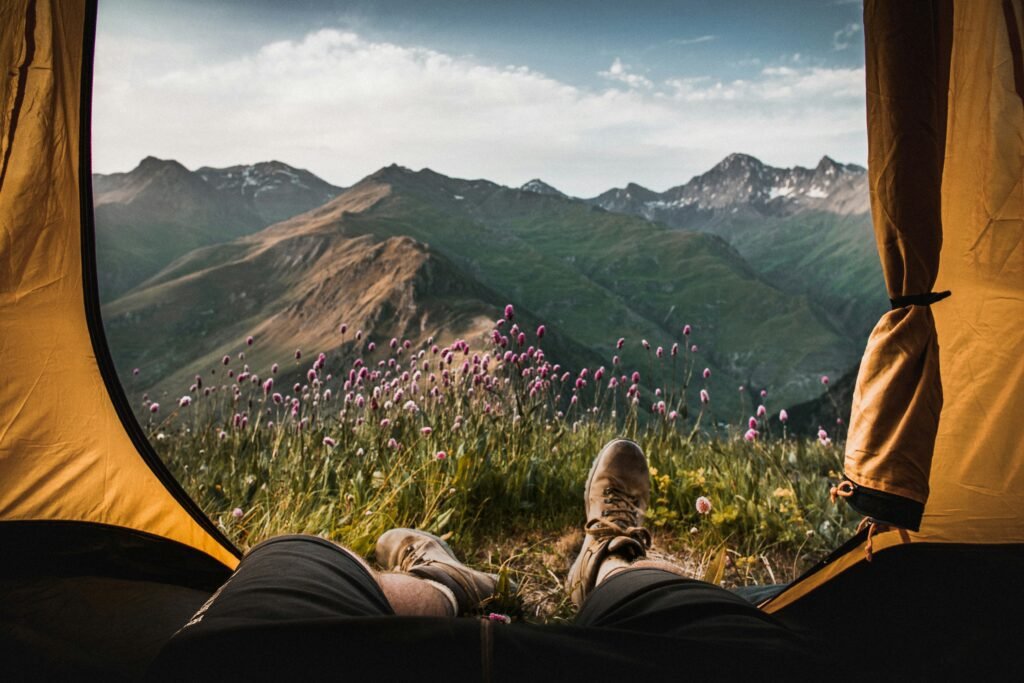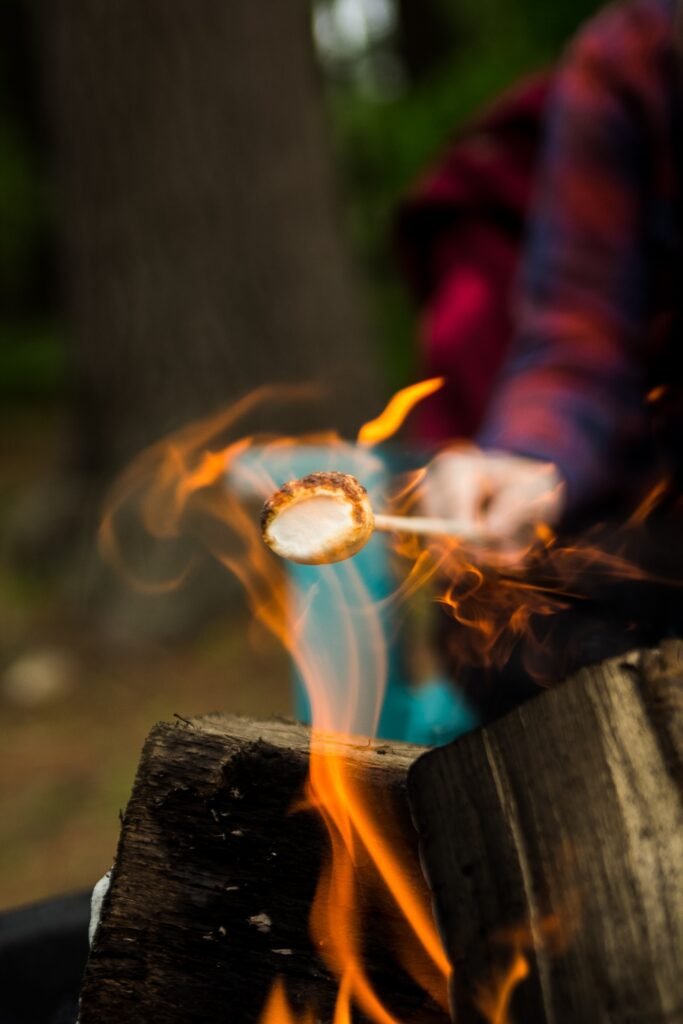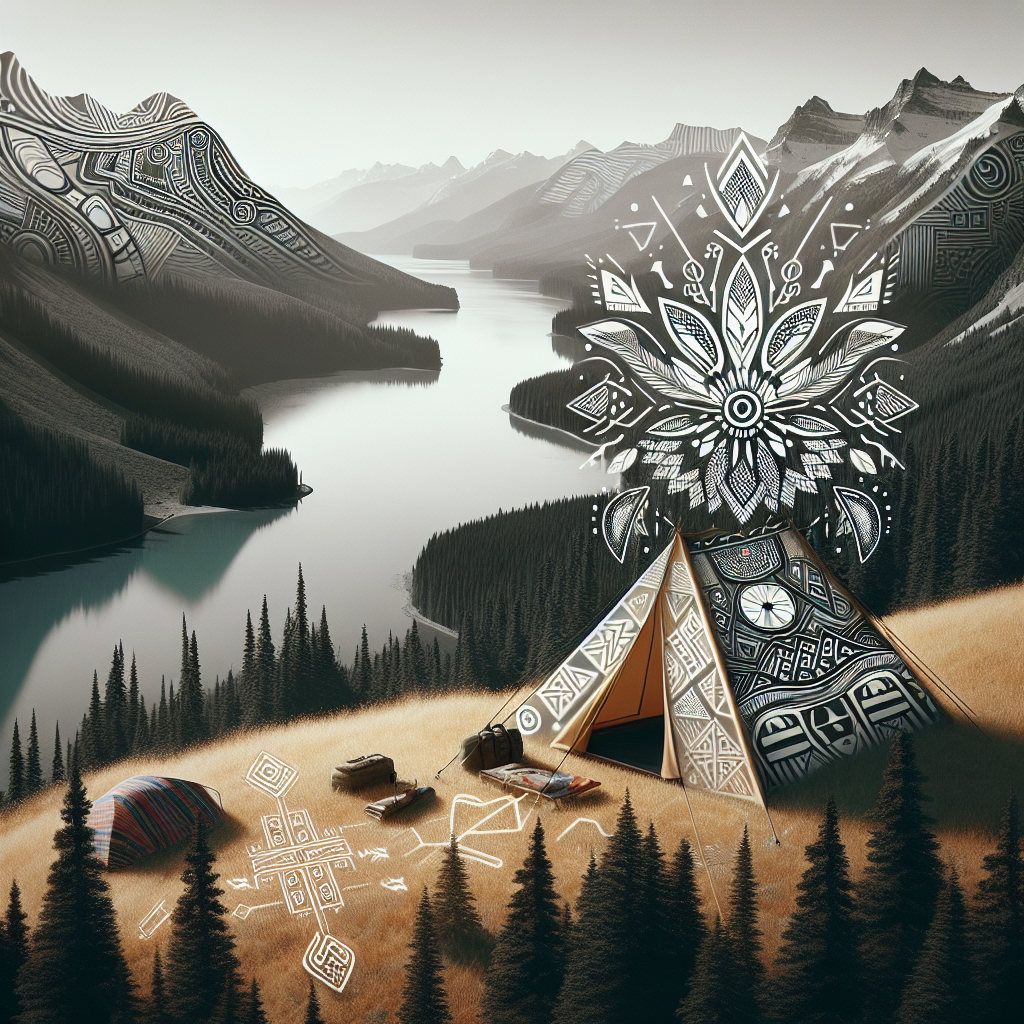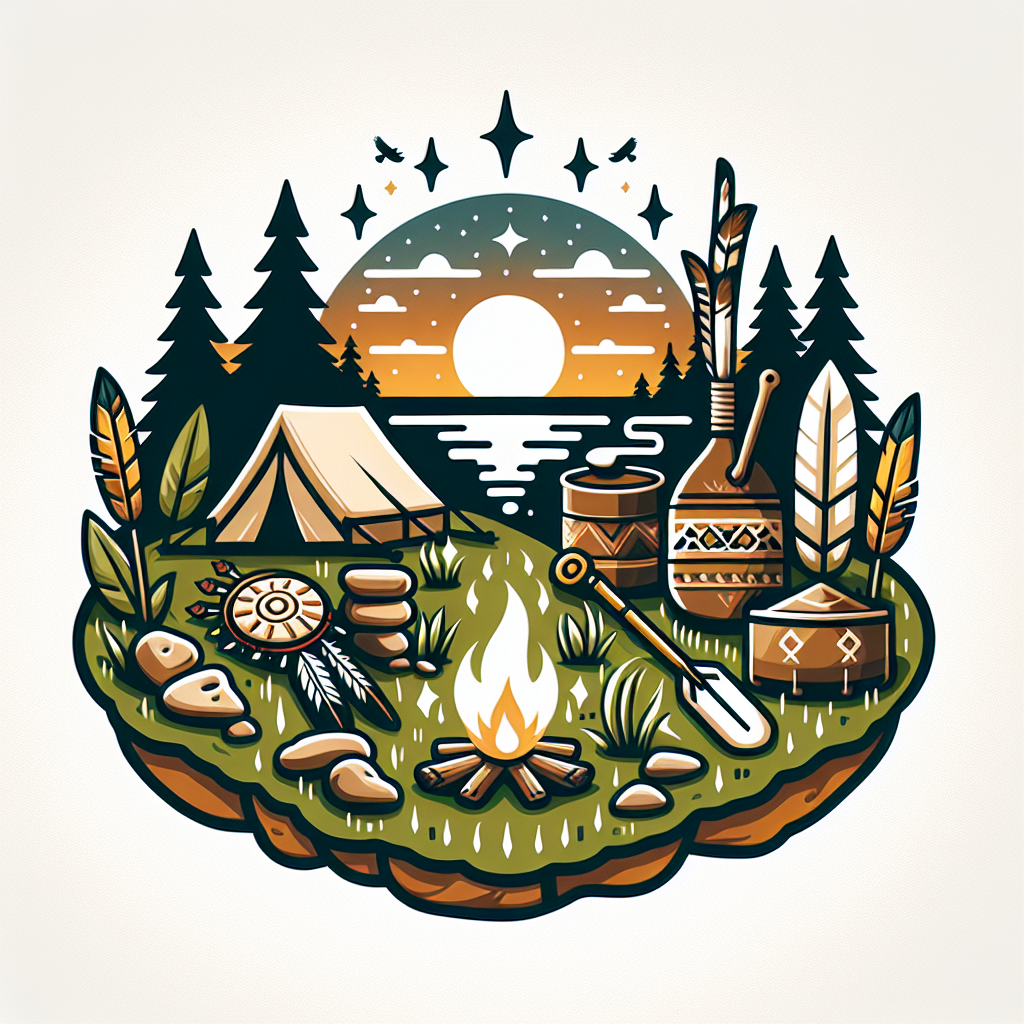

So you’ve packed your camping gear and are ready for a weekend escape into the wilderness. But before you pitch your tent on Indigenous land, have you considered the cultural considerations that come with it? Camping on these lands can be a unique experience that offers a deeper understanding of Indigenous cultures, but it also requires respect and awareness of the customs and traditions that have shaped these sacred spaces. In this article, we will explore the importance of cultural considerations when camping on Indigenous land, shedding light on the significance of this practice and the responsibilities that come with it.
Cultural Considerations for Camping on Indigenous Land
Camping on Indigenous land can be an enriching experience that allows you to connect with nature and learn about Indigenous cultures. However, it is essential to approach this opportunity with respect, sensitivity, and cultural awareness. In this article, we will discuss several key cultural considerations for camping on Indigenous land to ensure that you have a positive and mutually beneficial experience.
Respecting Indigenous Sovereignty
Indigenous land is often considered to be sacred and holds significant cultural and historical value. It is essential to recognize and respect the sovereignty of Indigenous communities over their lands. Before camping on Indigenous land, seek permission from the relevant Indigenous authorities or landowners. This respectful approach demonstrates your understanding of their rights and promotes a harmonious relationship with the community.
Understanding Sacred Sites and Spaces
Indigenous land often contains sacred sites and spaces that hold deep spiritual and cultural significance. These areas may be restricted or off-limits for camping and other activities. It is crucial to research and understand the sacred sites and spaces in the area before setting up camp. Respect any rules or restrictions in place to protect these areas and preserve their integrity. Remember, some places are not meant for recreational activities but rather for spiritual practices and ceremonies.


Following Traditional Protocols and Etiquettes
Each Indigenous community may have its own set of protocols and etiquettes that govern their land and interactions. It is essential to familiarize yourself with these protocols and follow them when camping on Indigenous land. This includes respecting any rules regarding firewood collection, waste disposal, and hunting or fishing practices. By adhering to these protocols, you show respect for the community’s customs and contribute to the preservation of their cultural practices.
Engaging with the Local Indigenous Community
Engaging with the local Indigenous community can enhance your camping experience and provide an opportunity for cultural exchange. Before your trip, reach out to the community and express your interest in camping on their land. You can inquire about any cultural activities or events that you may be able to participate in, such as storytelling, traditional skills workshops, or guided nature walks. Building a positive relationship with the community can lead to a more meaningful and educational experience for both parties.


Respecting and Protecting the Environment
Indigenous communities have a deep connection to the land, considering it sacred and interconnected with their culture and spirituality. Consequently, respecting and protecting the environment is of utmost importance when camping on Indigenous land. Follow the principle of “leave no trace” by packing out all your trash, limiting your impact on natural resources, and avoiding harm to flora and fauna. Adhere to any guidelines or restrictions related to campfires, water usage, and the use of camping gear. By being mindful of your environmental impact, you show appreciation for the land and its significance to Indigenous communities.
Cultural Appropriation and Indigenous Cultural Intellectual Property
Cultural appropriation is a significant concern when camping on Indigenous land. It is important to understand and avoid appropriating Indigenous cultural practices, symbols, and trademarks. Respectfully appreciate and learn about Indigenous culture without exploiting or misrepresenting it. Request permission before using any Indigenous cultural symbols or artifacts in your camping activities. By demonstrating cultural sensitivity, you foster an environment of respect and honor Indigenous cultural heritage.


Educating and Sensitizing Yourself about Indigenous Culture
Before camping on Indigenous land, take the time to educate yourself about the history, traditions, and culture of the Indigenous community you will be visiting. Read books, watch documentaries, or participate in cultural awareness workshops. This knowledge will enable you to engage with the community in a meaningful way and avoid inadvertently causing offense. By demonstrating a genuine interest in learning, you show respect for the culture and open yourself up to a deeper understanding of the land and its people.
Supporting Local Indigenous Tourism and Enterprises
When camping on Indigenous land, consider supporting local Indigenous tourism and enterprises. This can include staying in Indigenous-owned accommodations, purchasing goods and services from Indigenous-owned businesses, or participating in guided tours led by members of the community. By making conscious choices to support the local economy, you contribute to the well-being and self-determination of Indigenous communities. These interactions can also provide opportunities for cultural exchange and foster a better understanding between different cultures.


Contributing Positively to Indigenous Communities
While camping on Indigenous land, look for opportunities to contribute positively to the local Indigenous community. This could involve volunteering your time for community projects or supporting initiatives that focus on education, healthcare, or cultural preservation. By giving back to the community, you can build meaningful connections, learn from each other, and contribute to sustainable development. Always ensure that any contributions align with the community’s needs and priorities, and consult with community leaders or organizations to determine the best way to support their goals.
Acknowledging and Addressing Historical Injustices
It is essential to acknowledge the historical injustices and ongoing challenges faced by Indigenous communities when camping on their land. Educate yourself about the history of colonization, land dispossession, and systemic marginalization that has shaped their experiences. Take the opportunity to learn about any current issues or struggles that the community may be facing and explore ways to support their pursuit of justice and equality. By acknowledging and addressing these injustices, you contribute to healing and reconciliation efforts and foster a more inclusive and equitable society.
In conclusion, camping on Indigenous land offers a unique opportunity to connect with nature and deepen your understanding of Indigenous cultures. By approaching this experience with respect, cultural awareness, and a commitment to mutual learning and support, you can create a positive and transformative camping experience for yourself and the Indigenous community. Remember, it is essential to listen, learn, and engage with an open heart and mind.


Leave a Reply